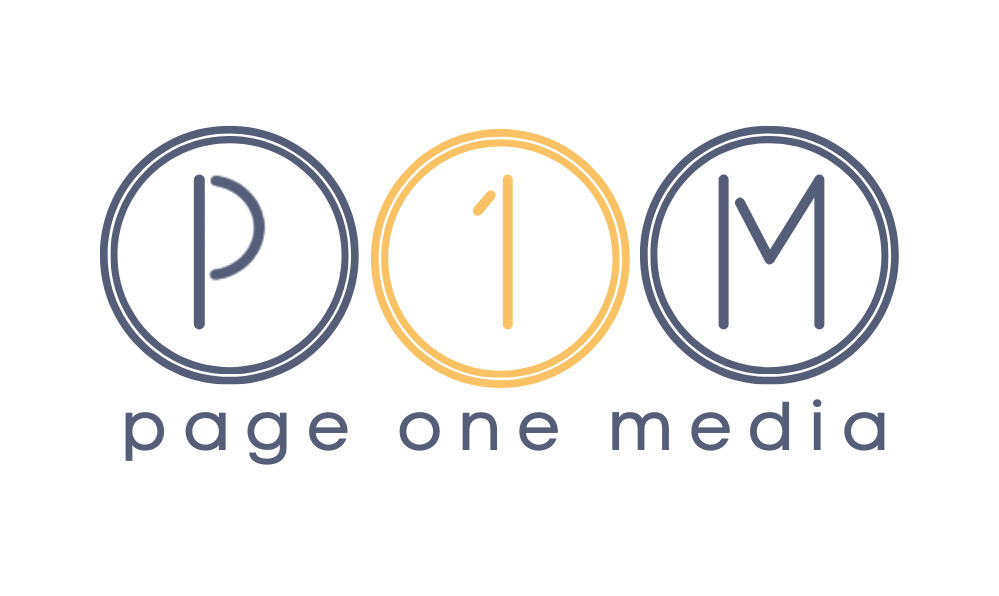
28 May Publicity vs. Marketing
What’s the Difference?
If you’ve ever stopped and questioned who you needed to email: the publicist assigned to your book or the marketer, and then gave up and just emailed your editor, then this post is for you.
It’s not a perfect delineation but when people ask me what’s the difference between publicity and marketing, I always say the same thing:
“Publicity is earned and marketing you can pay for.”
—Sarah Russo, almost every day 😉
So what does that mean exactly?
Well it means that publicity is the stuff you literally cannot buy; you have to earn it (we’ll talk more about this at a later date). This has gotten a little bit fuzzy over the years because there are now a few places where you can pay to have your book reviewed but on the whole you can’t buy reviews, interviews, or events at mainstream venues. It also blurs a little when it comes to social media—which is traditionally thought to be marketing—but this is another place where you have to earn your followers. And no, I do not recommend purchasing followers, that’s just ridiculous.
Marketing includes things like print ads, pay-per-click (PPC) advertising, catalogs, merchandizing at Indies and Amazon, posters and postcards . . . you get the idea. There are things your publisher is inherently doing less of (looking at you, print ads) and many things that don’t move the needle all that much but that authors seem to focus on a lot (hey, again, print ads and tours).
We’ll talk more about what can move the needle in another post but for today, that’s your short and simple introduction to the difference between publicity and marketing:
- If you need to talk about interviews, opeds, reviews, galleys, excerpts, or events at a public venue (not academic conferences, generally) call your publicist.
- If it’s just about anything else—not editorial or production related—such as a big mouth mailing, conferences, postcards or flyers, Amazon, your book’s webpage, etc. the marketer is your go-to person.
As someone who has worked on both sides of this coin, the people you work with will be so happy if you can keep them straight and minimize the emails flying between them. They really do have limited time and many books, reducing the redundancy means they are spending more time focusing on those aforementioned things that really do move the needle.


